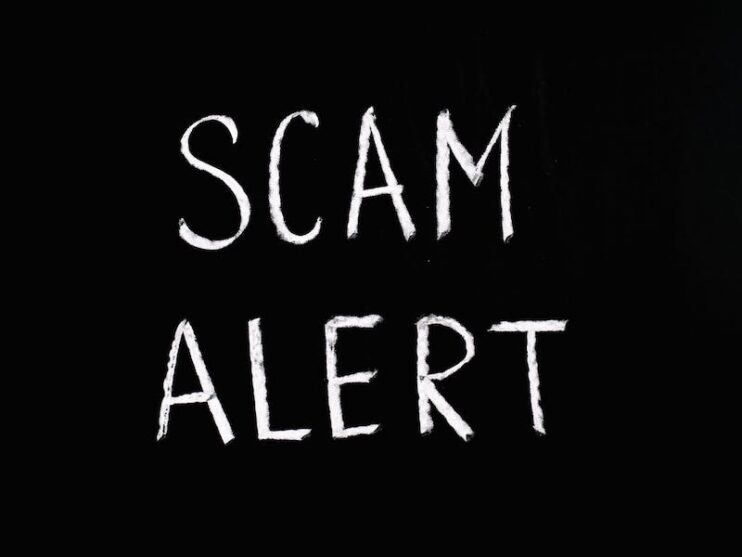Buying or selling a home is a significant financial transaction that requires careful consideration and attention to detail. Unfortunately, the real estate market is not immune to scams, and unsuspecting individuals can fall victim to various fraudulent schemes. In this guide, we will explore essential tips and strategies to help you navigate the real estate landscape safely and protect yourself from potential scams.
Work with Reputable Professionals
One of the most effective ways to avoid scams in real estate transactions is to surround yourself with reputable professionals. This includes hiring a licensed real estate agent, a trustworthy mortgage broker, and an experienced real estate attorney. Research their credentials, read reviews, and ask for recommendations from friends or family members who have had positive experiences with real estate professionals.
Verify Property Ownership and Title
Before finalizing any transaction, it’s crucial to verify the ownership of the property and examine the title thoroughly. A legitimate seller should be able to provide clear proof of ownership and a clean title. Work with a title company or a real estate attorney to conduct a title search and ensure there are no outstanding liens, disputes, or legal issues associated with the property.
Be Skeptical of Unrealistic Deals
If a deal seems too good to be true, it probably is. Scammers often use enticing offers to lure unsuspecting buyers or sellers into their traps. Be wary of properties priced significantly below market value or transactions with overly favorable terms. Always conduct thorough market research to understand the typical prices and conditions for properties in the area.
Use Secure Payment Methods
In real estate transactions, large sums of money are involved, making it a target for fraud. Avoid using unsecured or non-traditional payment methods. Wire transfers and cashier’s checks are common in real estate transactions but always verify the details directly with your bank or financial institution. Avoid sharing sensitive financial information over email or phone, as scammers may attempt to intercept or manipulate these communications.
Visit the Property in Person
Never rely solely on online information or virtual tours. It’s crucial to visit the property in person to assess its condition and confirm its existence. Scammers may create fake listings with photoshopped images or misleading descriptions. Schedule multiple visits, and if possible, bring along a professional inspector to evaluate the property’s structural integrity and identify any potential issues.
Be Cautious with Remote Transactions
While technology has streamlined many aspects of real estate transactions, it has also introduced new risks. Be cautious when dealing with remote transactions, especially if the other party is unwilling to meet in person or insists on completing the deal entirely online. Use secure platforms for communication and transactions, and always verify the legitimacy of any electronic documents you receive.
Educate Yourself on Common Scams
Stay informed about common real estate scams to recognize red flags and protect yourself. Some prevalent scams include phishing emails, fake rental listings, identity theft, and bait-and-switch tactics. By staying vigilant and informed, you can reduce the likelihood of falling victim to these schemes.
Buying or selling a home is a significant life event, and protecting yourself from scams is paramount. By working with reputable professionals, verifying property details, being cautious with payments, visiting the property in person, and staying informed about common scams, you can navigate the real estate market with confidence and ensure a secure and successful transaction. Remember, an informed and vigilant approach is your best defense against real estate scams.

